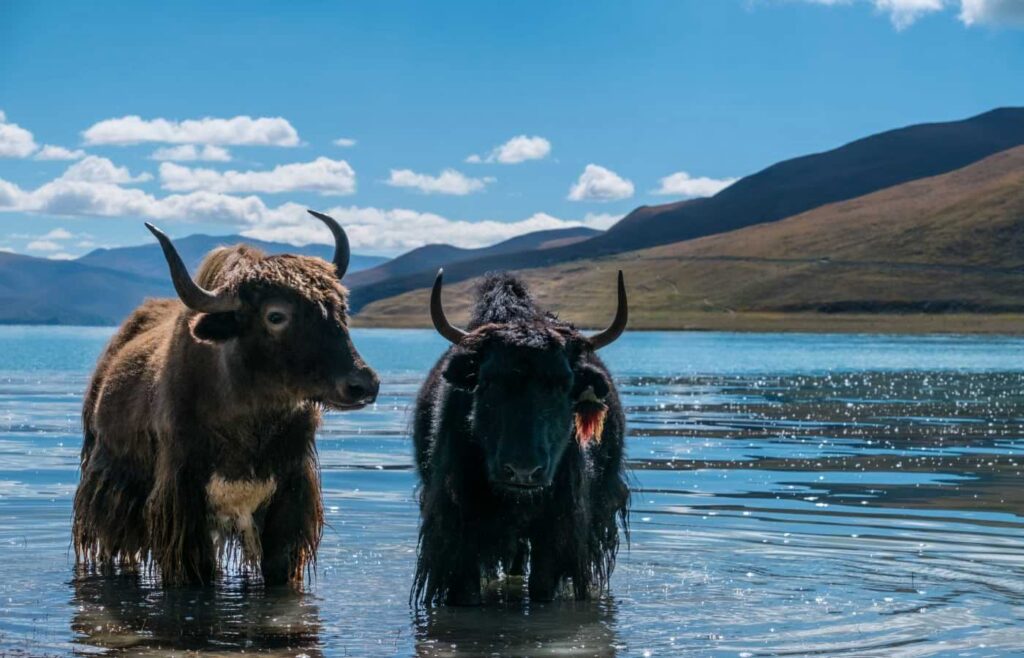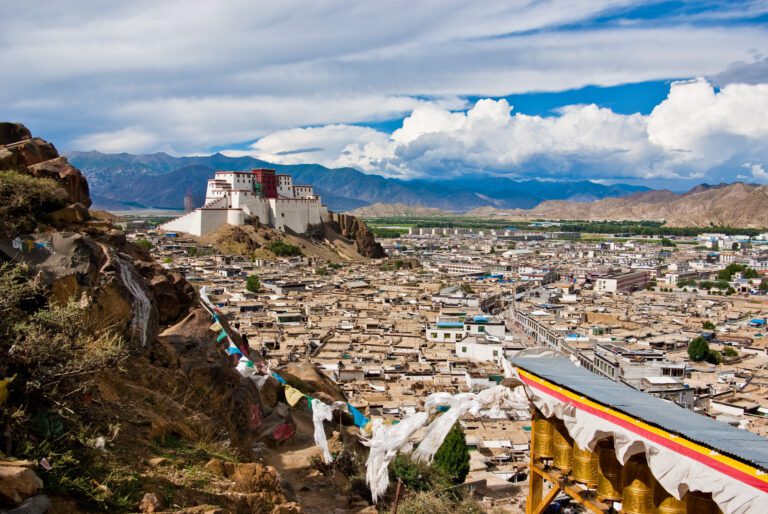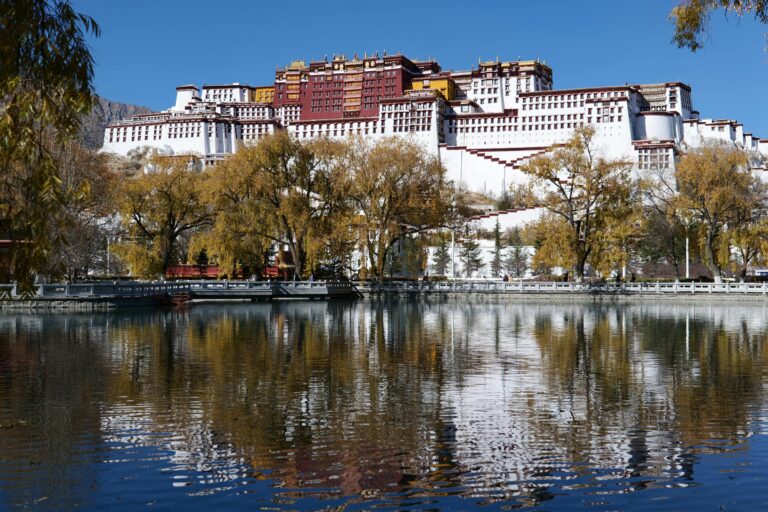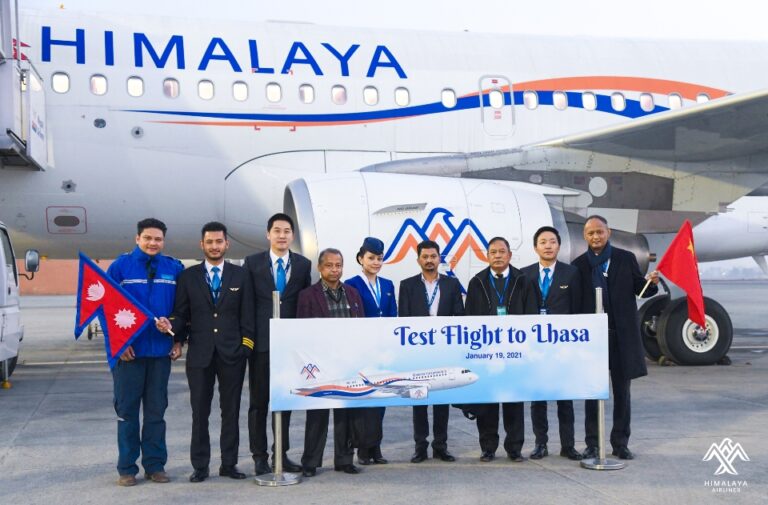Why This Lhasa Yamdrok Lake Tour?
“This Lhasa Yamdrok Lake Tour stands out for its blend of iconic landmarks, cultural immersion, and stunning scenery. Starting in Lhasa, you’ll explore religious sites that have shaped Tibetan Buddhism.”
Your 5-Day Lhasa & Yamdrok Lake Itinerary {#Itinerary}
-
Days 1-2: Exploring Lhasa’s Historic Monuments “The Potala Palace and Jokhang Temple offer insights into Tibetan Buddhism.”
- Potala Palace: History, architecture, significance (Consider linking to a relevant page about the Potala Palace if one exists).
- Jokhang Temple: History, spiritual importance (Consider linking to a relevant page about the Jokhang Temple if one exists).
- Barkhor Street: Market, pilgrimage path (Consider linking to a relevant page about Barkhor Street if one exists).
-
Days 3-4: Diving Into Tibetan Buddhism at Drepung and Sera Monasteries “Visit Drepung and Sera Monasteries, centers of scholarship.”
- Drepung Monastery: Largest monastery, Buddhist education.
- Sera Monastery: Monk debates, learning traditions.
-
Day 5: The Scenic Journey to Yamdrok Lake “Witness snow-capped mountains and turquoise waters at Yamdrok Lake.”
- Kamba La Pass: Breathtaking views of Yamdrok Lake.
- Exploring Yamdrok Lake’s Shores: Tranquil atmosphere, panoramic views.
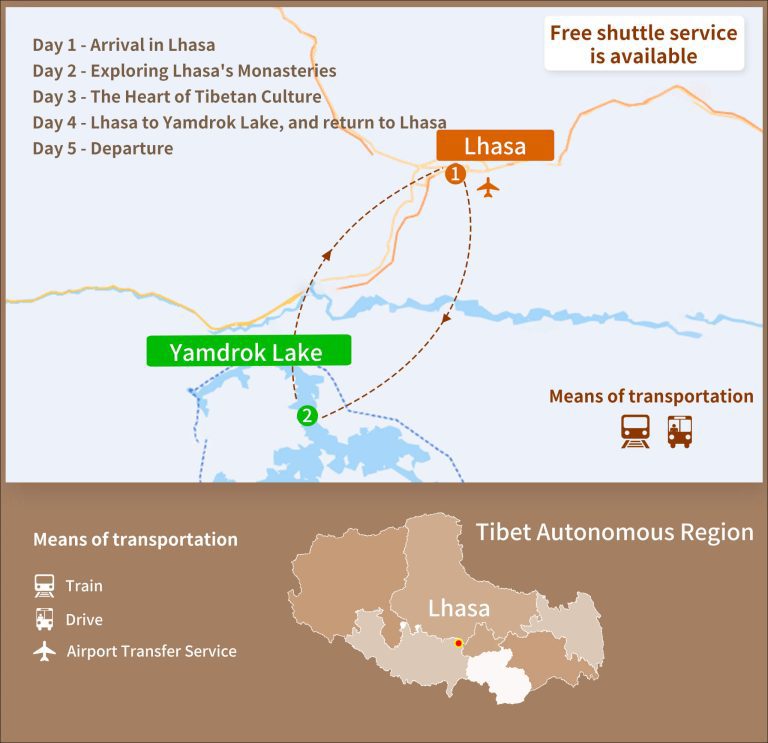
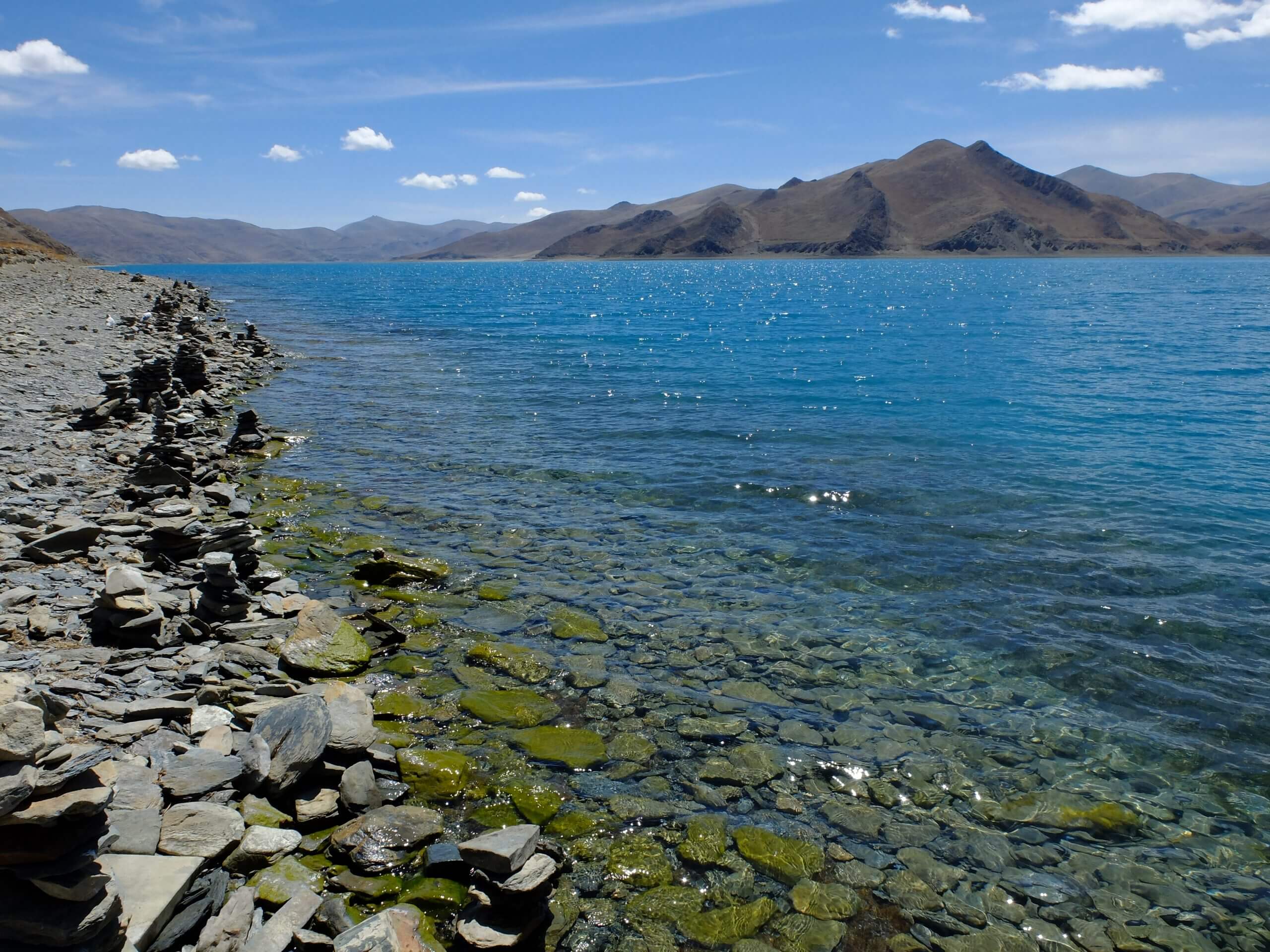
Experiencing Tibetan Culture: Food, Customs, Permits
An essential part of the Lhasa Yamdrok Lake Tour is sampling Tibetan cuisine and respecting local customs. Remember to obtain necessary travel permits. In addition, be aware of altitude sickness.
- Tibetan Cuisine and Customs: Sample Tsampa, Momos, and Butter Tea.
- Preparing for High Altitude: Acclimatization tips (link to your altitude sickness article).
- Obtaining Travel Permits: Learn about the Tibet Travel Permit (Link to your Tibet Travel Permit page).
When to Visit & What to Pack
The best times for the Lhasa Yamdrok Lake Tour are Spring (April-June) and Autumn (September-November). Pack for varied temperatures with layered clothing, sunscreen, and comfortable shoes.
Lhasa Yamdrok Lake Tour: Is It Right For You?
The Lhasa Yamdrok Lake Tour is perfect for travelers seeking a balance of spiritual essence, historical landmarks, and natural beauty. Therefore, it is the ideal experience for the discerning traveler.
FAQs: Lhasa & Yamdrok Lake Travel
What is the altitude of Lhasa and Yamdrok Lake?
Lhasa is situated at 3,600 meters above sea level, while Yamdrok Lake is approximately 4,400 meters. Visitors should allow time to acclimate to the altitude.
Are meals included in the tour?
Yes, meals are included, offering travelers a chance to try Tibetan dishes like tsampa, momos, and butter tea.
How can I get a Tibet Travel Permit?
Your travel agency arranges the permit, which is required alongside a Chinese visa. If you book your tour with us, we will handle your Tibet Travel Permit, just be sure to get in touch with us.


